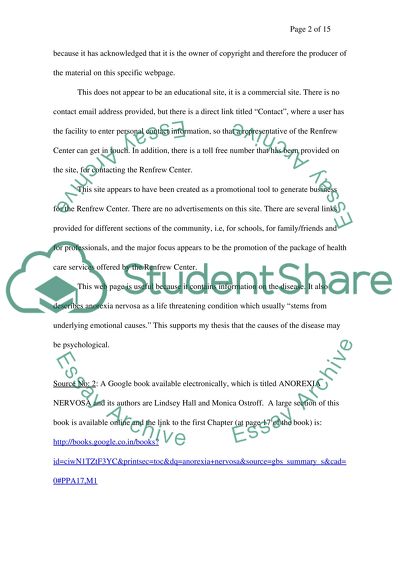Cite this document
(Negative Self Beliefs in Anorexia Nervosa Assignment, n.d.)
Negative Self Beliefs in Anorexia Nervosa Assignment. Retrieved from https://studentshare.org/sociology/1548152-nutrition-and-wellness-research-paper
Negative Self Beliefs in Anorexia Nervosa Assignment. Retrieved from https://studentshare.org/sociology/1548152-nutrition-and-wellness-research-paper
(Negative Self Beliefs in Anorexia Nervosa Assignment)
Negative Self Beliefs in Anorexia Nervosa Assignment. https://studentshare.org/sociology/1548152-nutrition-and-wellness-research-paper.
Negative Self Beliefs in Anorexia Nervosa Assignment. https://studentshare.org/sociology/1548152-nutrition-and-wellness-research-paper.
“Negative Self Beliefs in Anorexia Nervosa Assignment”, n.d. https://studentshare.org/sociology/1548152-nutrition-and-wellness-research-paper.


